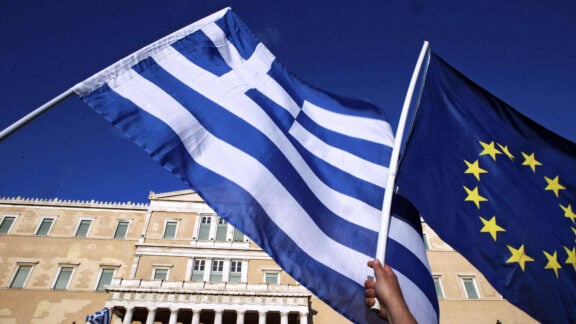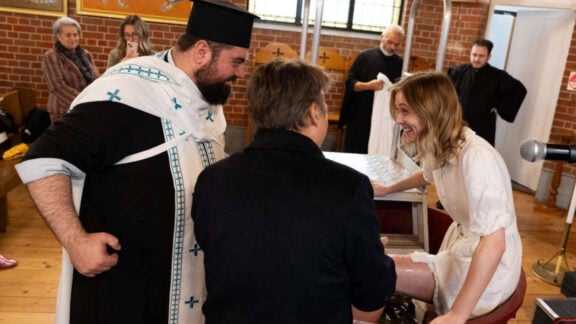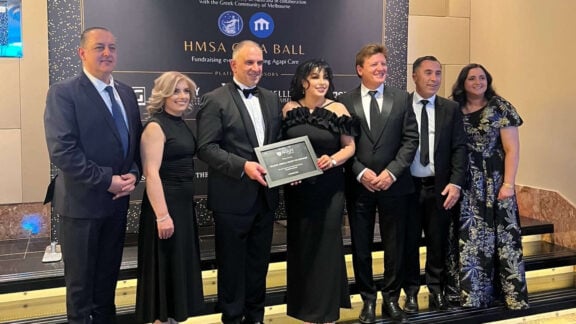The first of at least 4,000 of the 12,000 Syrian refugees given asylum status by the Australian government are expected to arrive in Victoria before Christmas.
Most are reportedly likely to be settled in Melbourne’s northern suburbs, with regional Victorian towns also a possible destination.
Victoria’s Multicultural Commissioner Helen Kapalos chaired a meeting of key agencies this week to prepare for the influx that will see the state’s Syrian-born population triple.
Ms Kapalos told Neos Kosmos that Victoria had a world-class reputation for resettling refugees, but that lessons could be learned to improve resettlement arrangements.
“We want to make sure that the displacement that commonly occurs around resettlement isn’t there. It’s about every agency being prepared and new stakeholders stepping up,” said the commissioner.
As chair of Victoria’s Syrian and Iraqi Refugee Intake Planning Committee, which met at AMES Australia on Tuesday, Ms Kapalos met with senior planners from across the Victorian government and a number of not-for-profits, including Foundation House, whose CEO is long-time refugee advocate and former parliamentarian Paris Aristotle.
Ms Kapalos said that the long-term strategy was to ensure the Syrian refugees felt they belonged.
While the priorities would include ensuring language, education, and health services, the multicultural commissioner said identifying employment paths was a vital part of the resettlement process.
“We’re exploring how they might be integrated into arts and sports organisations, so we’re engaging with soccer clubs and other bodies, and we’re very keen for the corporate sector to join us as stakeholders.”
Ms Kapalos said part of the intake committee’s responsibilities was to identify the best locations for refugees to start their new lives.
“We’re looking at regional and rural areas, where there’s enough infrastructure and where Iraqi and Syrian communities are established already.
Ms Kapalos made a visit to Bendigo recently in an effort to bring the opposing sides together over the controversial mosque proposal in the city.
“It’s important that the commission has a presence, particularly when these kind of issues arise,” she said.
“Part of our charter is to promote religious diversity and social cohesion, and we try to intervene by encouraging people to come together and creating opportunities for people of different faiths to meet and get an understanding of the other’s community.
“If we can try and educate and inform people, a small initiative can make a big difference.”
Ms Kapalos said she was disappointed over recent events in the town, when hundreds of demonstrators from interstate attended an anti-mosque rally.
“It’s disheartening to see those displays and the psychological impact they have on residents,” said the commissioner, adding that one of the most poignant messages she heard during her visit was from a local muslim community leader.
“They’re as worried as other members of the community and one said: ‘We’re just like everybody else, we’re just normal people.’ “









